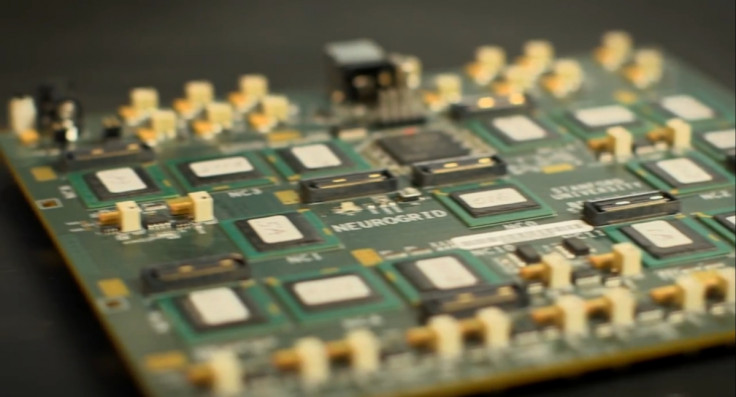Google Expands Quantum Computing Research into AI

Google has teamed up with UC Santa Barbara (UCSB) to build its own quantum computing processors in order to expand artificial intelligence technologies.
The internet giant's Quantum Artificial Intelligence team plans to develop processors based on superconducting electronics alongside a UCSB team led by physicist John Marinis.
"John and his group have made great strides in building superconducting quantum electronic components of very high fidelity," Hartmut Neven, director of engineering at Google, said in a blogpost.
"With an integrated hardware group the Quantum AI team will now be able to implement and test new designs for quantum optimisation and interference processors based on recent theoretical insights."
Quantum computers are widely hailed as the next technological revolution, however there is still some debate as to whether they actually exist yet or not. Quantum computing combines quantum mechanics with computer science to exponentially speed up processing.
What is quantum computing
Quantum computers replace traditional bits that are used in digital communications with quantum bits, or qubits. Qubits, act in a state of superposition that allow them to operate in multiple states at once, rather than just the two states in which traditional bits function. Potential applications can be found in a variety of fields, from medicine to space travel.
Google has been interested in the field of quantum computing for several years now and has invested in machines built by Canadian firm D-Wave that claim to be quantum computers.
A recent study in the journal Science, however, found that the $15m D-Wave machine that Google owns is not actually any faster than a conventional computer.
Google has said that it will continue to collaborate with D-Wave scientists, as well as experimenting further on NASA's Vesuvius quantum computer.
© Copyright IBTimes 2025. All rights reserved.






















